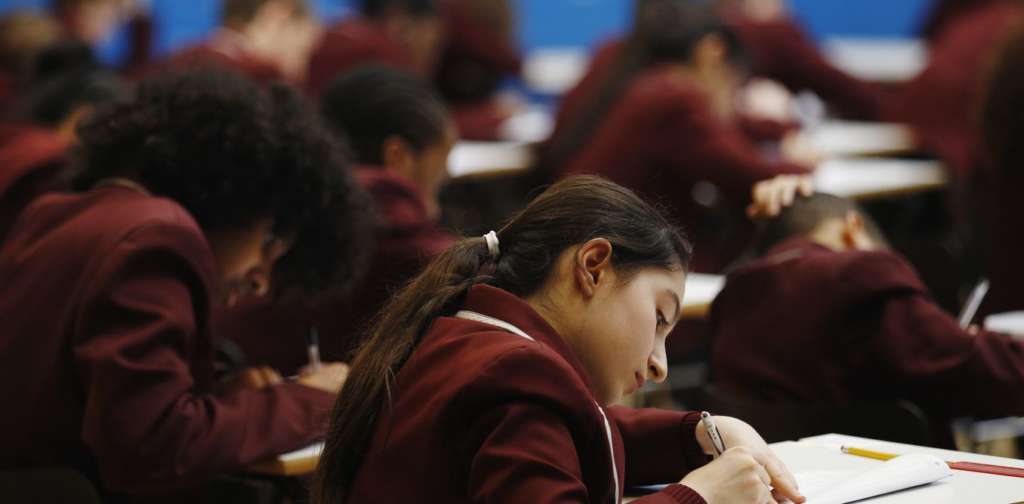London- A paper recently published by the world’s largest multinational publishing and Education Company headquartered in London, Pearson PLC, revealed that schools considered most successful worldwide are those leveraging dynamic learning, which combines four key elements necessary for any student to embark on moving into the labor market and to become the most in keep with the future’s posts.
The report, prepared by Charlie Leadbeater, concluded that the implementation of the four factors of ‘dynamic learning’ will drive the Middle East towards further development.
Leadbeater finds that education in successful schools worldwide is a dynamic activity, providing a combination of four elements: The first element being knowledge, starting with the basic skills of literacy and numeracy, moving onto knowledge of core content and then to higher order concepts and thinking skills.
The second element is personal growth, including helping students to find a sense of purpose and ambition, and to build their resilience and persistence; the third being social skills, to teach students how to deepen relationships with others, create dialogue and collaboration, and take action together to make and do things for and with other people; and the fourth element being ‘agency’, where students learn how to turn knowledge and ideas into action, to see that they can make a difference to the world.
The dynamic educators and pedagogics featured in the paper are successfully preparing students for a volatile world driven increasingly by innovation and entrepreneurship. In addition to an exploration of these four ingredients and examples of them in-action in schools around the world, the paper includes guiding discussion questions and resources for educators interested in implementing these ingredients in their classrooms.
Discussing the findings of his paper, Charlie Leadbeater said: ‘Learning becomes more powerful when it becomes more dynamic. This happens when the elements overlap, when learning becomes a social, dialogic and collaborative activity; when knowledge is tested and put to use in the cause of making something; when learning becomes a personal journey requiring resilience and determination. Great places to learn are places where these four aspects of learning overlap, interact and gain momentum from one another.’
As educators around the world work to adapt education systems and classrooms, many are shifting from teaching that is focused on following instructions and rote memorization, for example, to teaching that provides students with critical thinking and problem solving opportunities.
Michael Barber, Chief Education Adviser, Pearson, said: ‘This paper is reflective of what we hear everyday from our customers – schools, universities, governments and employers across the world – that education must do more to equip young people with the skills they need to succeed in the modern world. Literacy, numeracy and core knowledge are essential but not enough.
Education today must prepare young people to flourish in a society awash with intelligent technology and to enter a job market shaped by rapid technological change; yet there are urgent challenges in the world that require human solutions from future leaders. The combination of learning elements identified by Leadbeater provides a recipe that, if adopted more widely, would produce a future workforce that is highly adaptable to leading change.’
The Problem Solvers will be launched at an exclusive event at the Royal Institution on Wednesday June 1, introduced by Sir Michael Barber and featuring a short talk from Charlie Leadbeater on the concept of ‘Dynamic Learning’, which provokes a number of questions for teachers, school leaders, policymakers, parents and learners about how learning happens.
The event will also include a panel session that will feature Lucy Crehan, a freelance education consultant working with organizations such as UNESCO and Education Development Trust and two year 10 students from School 21 in Newham, one of the schools featured in the publication, where they will discuss the learning they experience every day and how they think their experience is equipping them for the future.
